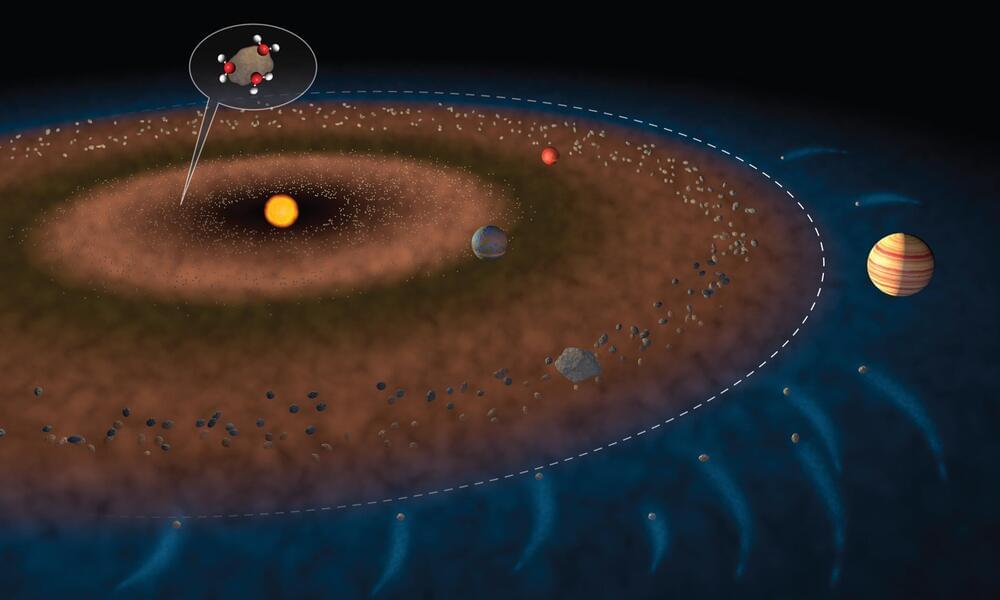Water makes up 71% of Earth’s surface, but no one knows how or when such massive quantities of water arrived on Earth.
A new study published in the journal Nature brings scientists one step closer to answering that question. Led by University of Maryland Assistant Professor of Geology Megan Newcombe, researchers analyzed melted meteorites that had been floating around in space since the solar system’s formation 4 1/2 billion years ago. They found that these meteorites had extremely low water content—in fact, they were among the driest extraterrestrial materials ever measured.
These results, which let researchers rule them out as the primary source of Earth’s water, could have important implications for the search for water—and life—on other planets. It also helps researchers understand the unlikely conditions that aligned to make Earth a habitable planet.
